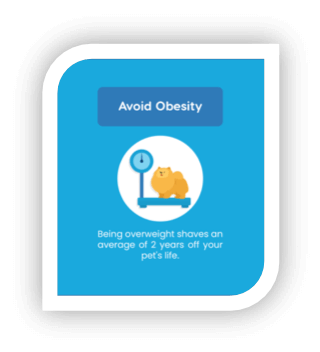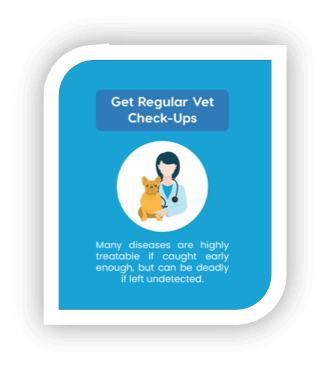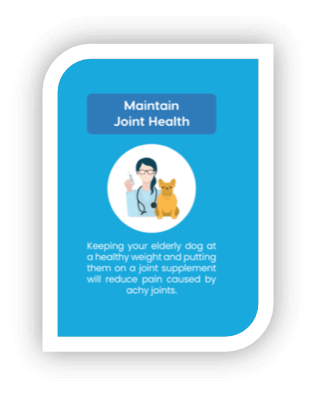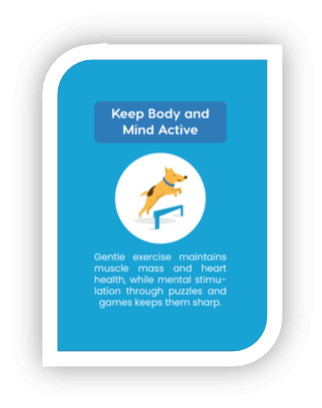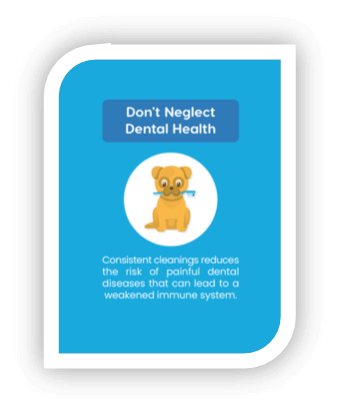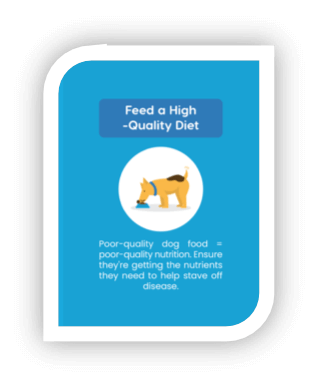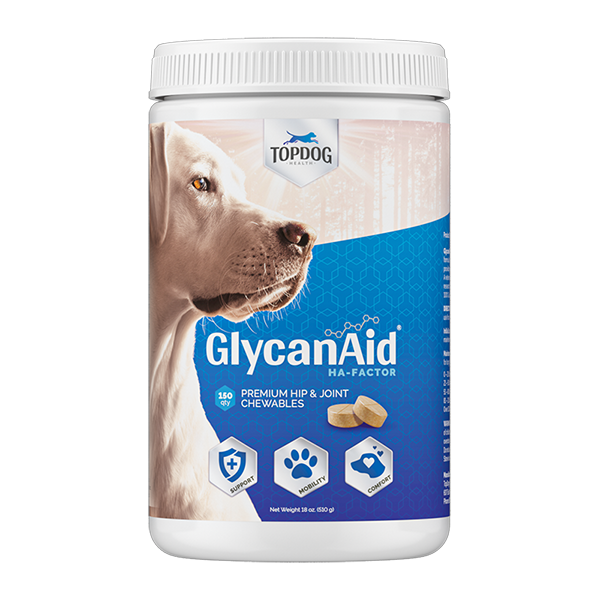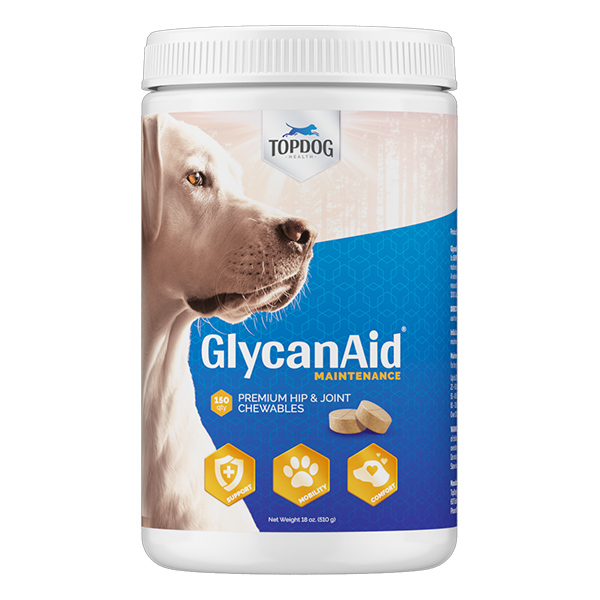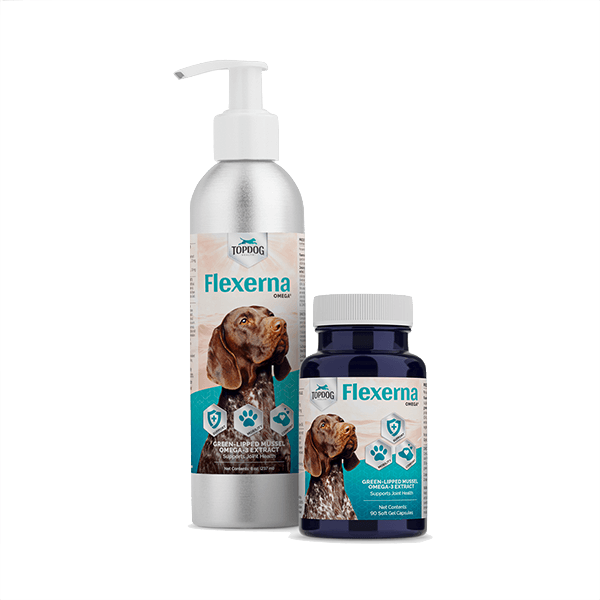If you look on Google for advice about keeping senior dogs healthy, you’ll see that one of the most common questions people search for is “How to make my dog live forever.” This is proof that indeed, almost every pet parent harbors a fantasy that their beloved pup will never leave them.
While we haven’t found the fountain of doggy youth just yet, that doesn’t mean there aren’t ways you can help your pup stick around longer. Here are
6 simple ways to extend the quantity, and quality, of your dog’s golden years.
Avoid Obesity
If you did just one thing on this list or anything at all for your dog’s longevity, let it be this one: keep them at a healthy weight. Obesity is the scourge of not only the American population but our pets as well, with more than 50% of dogs being overweight in the U.S.
According to a Purina Lifespan Study, you can pretty much plan on an overweight pet living 2 years less than they would otherwise. That’s 2 years less that you get to play with them, cuddle them, and enjoy their love and companionship. Not to mention that it wreaks havoc on their health while they’re still here, making them more prone to a slew of illnesses like diabetes, joint issues, heart and lung disease, and cancer.
What’s more, is that this condition is completely avoidable. If you’ve noticed your pup packing on the pounds, do both of you a huge favor and read our 7 tips to getting your dog to a perfect weight.
Get Regular Vet Check-Ups
We can’t stress enough the value of preventative care for elderly dogs (and all dogs, for that matter). Taking your pup to the vet for regular check-ups, especially as they age and become more prone to certain diseases, can help identify health problems before they become serious. While it’s always a good idea for you as an owner to keep an eye on your pet and bring them in when you notice anything “off,” regular trips to the vet will allow a trained professional to check for things you might not necessarily be looking for.
This is so important for increasing your dog’s longevity because many diseases and even certain types of cancers are highly treatable if caught early enough, but can be deadly if left undetected for too long.
Maintain Joint Health
Just like humans, dogs’ joints tend to get stiffer and more painful as they age. Noticed your older pup struggling to get up from his dog bed or head upstairs? Achy joints are likely to blame. Keeping your dog at a healthy weight (see tip #1) will help, as added weight only adds more strain to already sore joints.
Another great and simple thing you can do is to put your dog on a joint supplement. The anti-inflammatory properties of supplements like GlycanAid HA are a wonderful way to naturally reduce their pain and help slow the progression of joint issues. In addition to a glucosamine supplement like GlycanAid HA, adding a green-lipped mussel supplement such as Flexerna Omega which is 300% times more potent than fish oil will only help their joints as they age.
Keep Body and Mind Active
A good theory to keep in mind when approaching exercise for your elderly dog’s body and mind is: “If they don’t use it, they lose it.” Staying physically active is crucial for older pups to maintain muscle mass and keep their hearts pumping well. Of course, remember that they may tire more easily than they did when they were younger, so be sure not to push it and always provide plenty of water.
Providing mental stimulation is equally as important. Just like doing a crossword puzzle helps elderly people stave off dementia, activities that challenge your older dog’s mind will help them stay sharp. Try puzzles toys or devise games that make them think. And when it comes to physical and mental stimulation, something is always better than nothing. Even a 10-minute daily walk or game with your pup is helpful.
Don’t Neglect Dental Health
If you’ve ever had an infected tooth, you know just how excruciating it can be. The same goes for your dog. Not only is dental disease extremely painful for your pup, excess plaque, gum disease, and tooth decay can also affect the rest of their health and overall immune system. And if an elderly dog’s immune system is weakened, this can spell serious trouble.
As dogs age, they often need more meticulous dental care, including consistent at-home brushings and regular professional teeth cleanings. Be sure not to neglect this simple but important aspect of their health.
Feed a High-Quality Diet
Nutrition is especially important for older dogs to help them fight disease and increase their lifespan. If you’re feeding them low-quality dog food, chances are they’re receiving poor-quality nutrition. Luckily, there are several foods (many of which you likely already have in your fridge) you can add to their diet to keep inflammation under control, which is one of the top factors leading to disease. You can read more about the best foods to decrease inflammation in your dog, plus 5 natural recipes, here.
While it may not be possible for your dog to live forever, you can certainly do your best to try. These 6 tips are a great start to add not only years to their life but life to their years.



